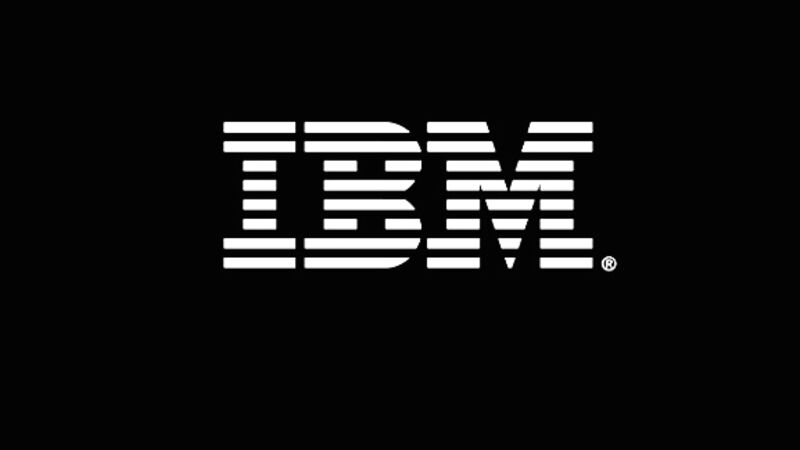IBM link-up to improve hospital care for babies

The Irish Centre for Fetal and Neonatal Translational Researchers at the university and hospital have pooled their database of newborn electroencephalogram recordings and machine learning expertise with IBM’s big data analytics stream so seizures and other brain complications associated with small, sick, and premature infants can now be automatically detected. Once detected, alarms will then be immediately sent to on-call specialists.













